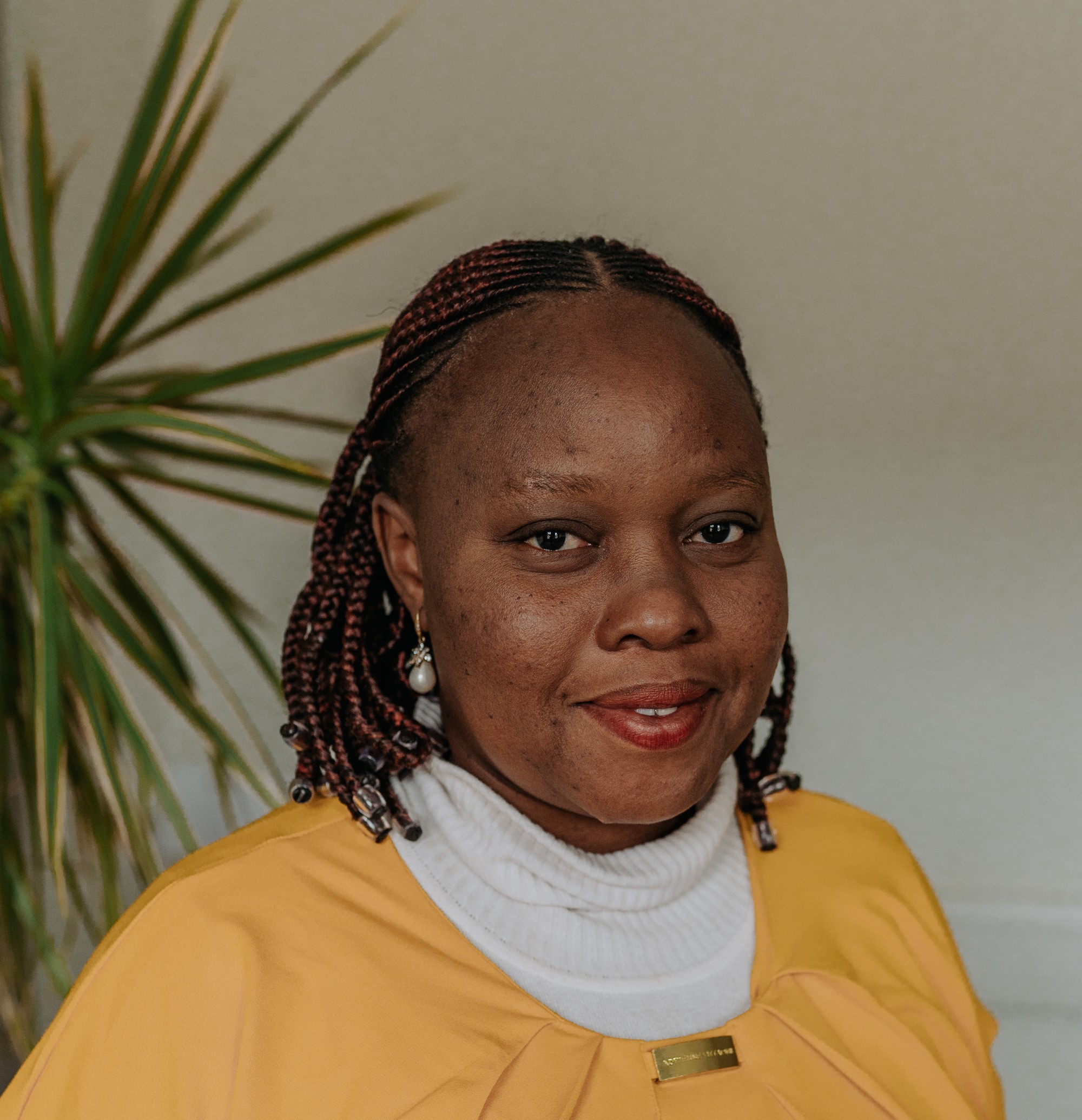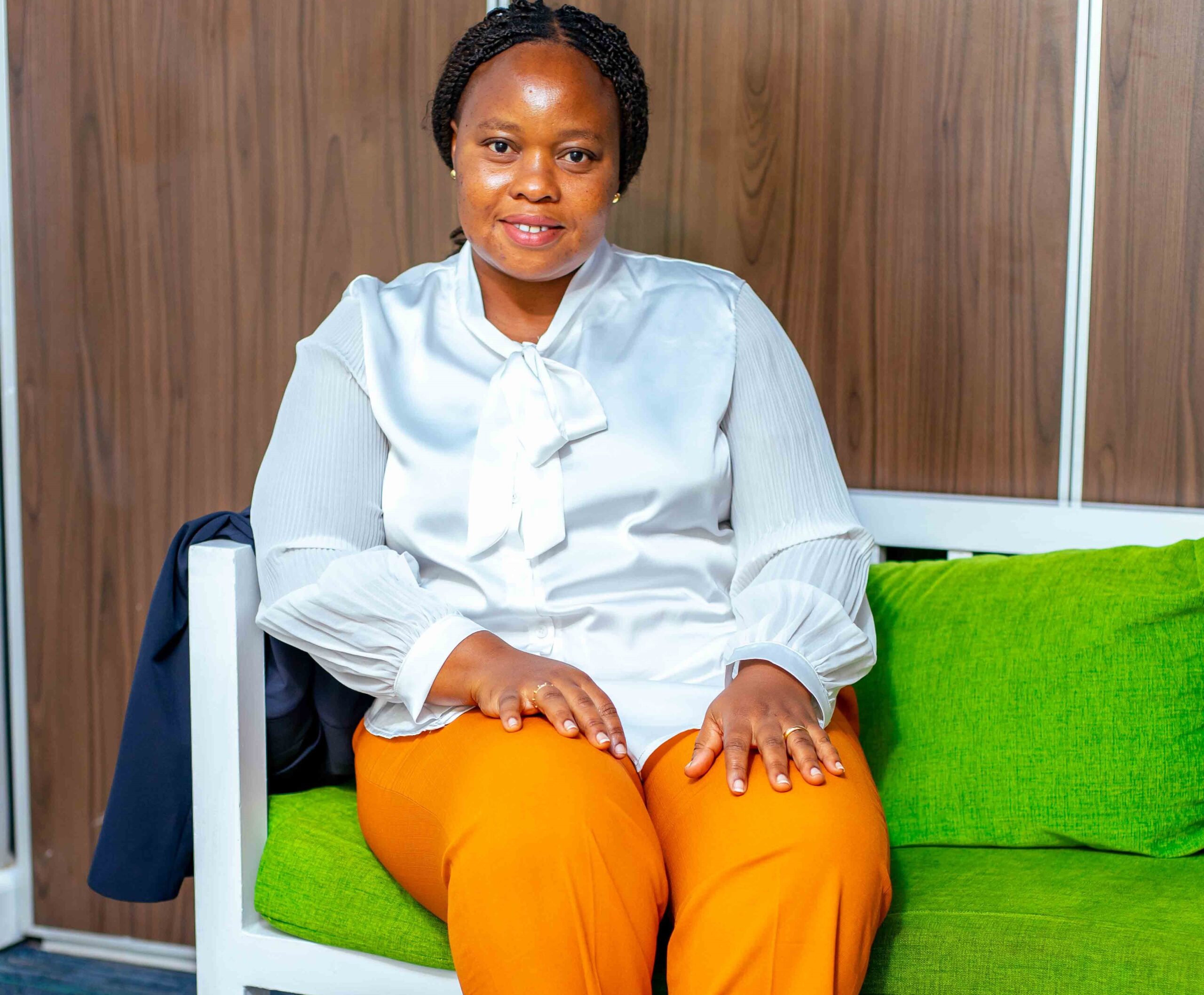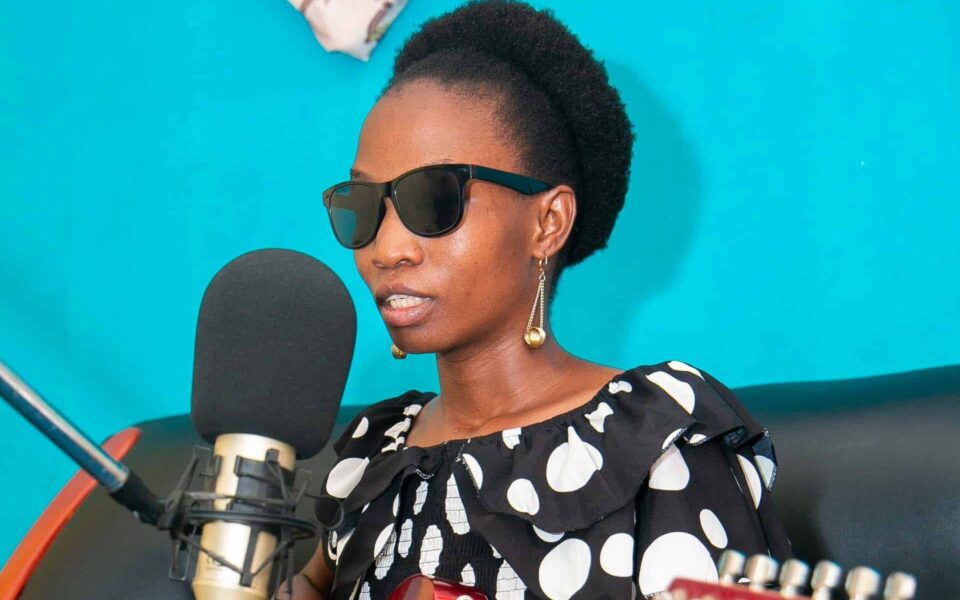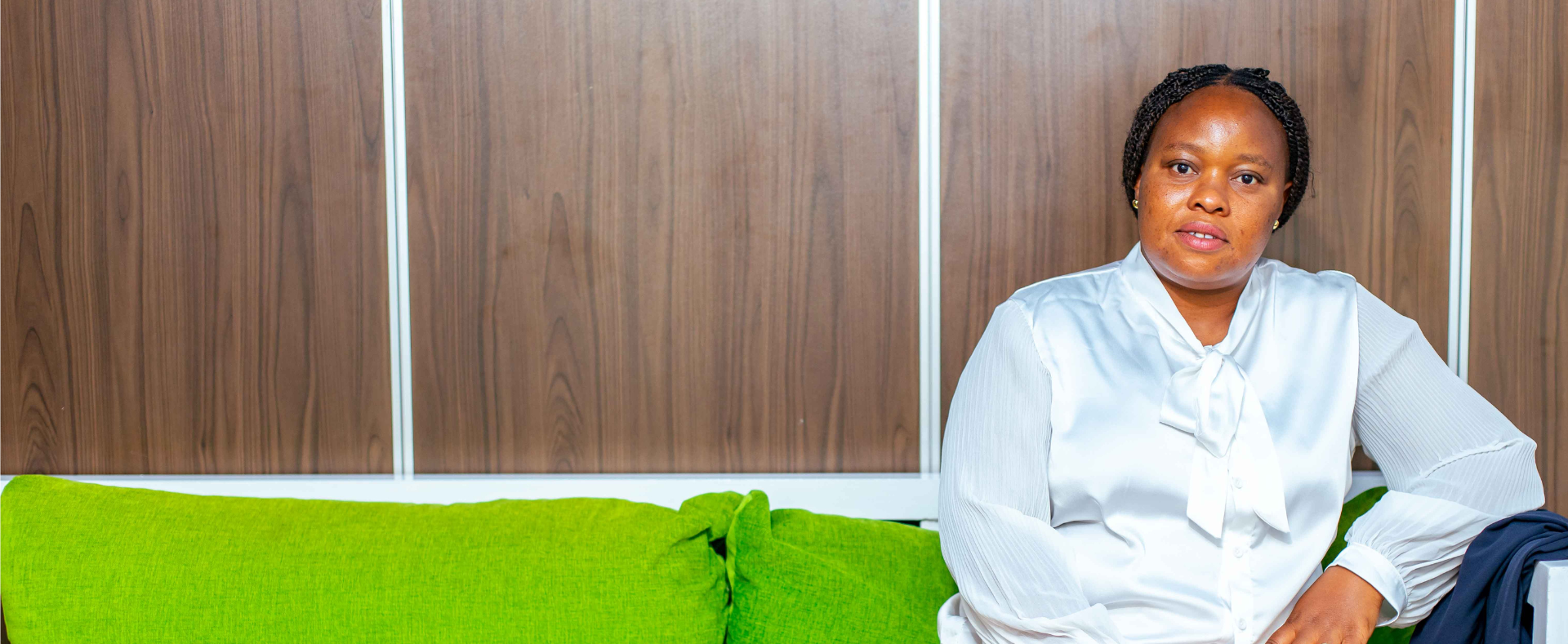Rose Tesha is Africa Regional Director at ADD International. In this piece Rose reflects on what she has learnt through ADD’s transition to become a participatory grant-maker, and why shifting power and decision making to disability justice activists means giving up power herself.
What has changed.
Before ADD became a participatory grant-maker, my role was Country Director. Now, we no longer have our former country office structure, and my current role is Regional Director for Africa, but that that does not actually mean that I have more power in the way that you might imagine because the entire mechanism we are working with now is different. We encourage disability justice activists to be in the driving seat in terms of how we support them across Africa. So, I have a bigger sounding job, but less positional power.
There are so many things we used to decide, for example, where money goes, what we should buy. Now, we are allocating money, and activists with lived experience are the ones that say what they want to do with it.

“Giving power to lead is completely different from inclusion. To really shift power, you have to give activists the opportunity to design what they want to do to determine the resources they need and lead the work. Also, if there are any changes in their initiative, they need the power to adapt and improve as they go – the power of flexibility.”
With inclusion, there’s always a framework which is limiting. When consulting with activists you have already set the direction and are just asking for some inputs. You may not realise that you are influencing them, leading them with your questions. Thay can add flavour but can’t direct it.
New leadership, new ideas.
When we started our crisis response to the war in Sudan, we asked disability justice activists to decide how the money should be spent, and they came up with something different to what I had imagined. While with the donor community approach it might have ended up that the money was enjoyed by few, in the context of the war in Sudan the activists we worked with designed a community collaborative approach and their impact was greater. Their approach signalled ‘let us come together in this time of crisis. Let us share whatever we have together, however small it might be. Let us love and care for each other’.
It was a surprise for me and helped me see why giving up power to them is so important. It also helped safeguarding their money knowing it was something they could all enjoy rather than something they were competing over. I think that in Sudan this was also partly the approach the groups agreed because of both the cultural context there and the impact that the war had had on the groups of activists whom we support, many of whom had recently been displaced. In that context small amounts of money sometimes have a huge impact.
In the youth-led participatory grant-making pilot we ran in Tanzania last year, where I am based, I was again surprised by the projects that the youth panel selected for funding. Where I would have favoured an advocacy programme by a more established group the panel chose more practical immediate activist-led solutions. One was an awareness project to change the attitudes of bus conductors so that people with disabilities can access public transport. Another group did digital literacy training for disabled people in Zanzibar, so they could advocate for themselves online.
Since we funded those projects, I can see that they have created a lot of like impact, knowledge, access and awareness to many, many people and in a very simple way compared to what the policy work might have looked like. Disabled people knew this, but we didn’t.

“One of the learnings is that trust is vital in shifting power. It helps that we are working with donors who understand the shift and our new model. They have to be open to a new approach to learning and reporting and not being prescriptive about how impact is communicated. To being open to different types of stories and communications, and we have to be innovative about this.”
A new role.
I still have a role to play in the new model, but it is more about listening and learning. I’m learning from activists how to best support them to lead.

“The role of ADD is to make sure the most marginalised are included, because there are different levels of marginalisation in the movement. And to support and nurture collaboration. Women with disabilities are often excluded from feminist movements, and young people with disabilities from youth movements, we want to support them to be heard in those spaces.”
The activists we work with have also asked us for support in some areas: training and platforms to speak, for us to facilitate this. They have been excluded for so long and they have told us they want to connect and feel comfortable and confident that they will be heard. That is where creating spaces for true participatory sharing and collaboration can make a real difference.
FIND OUT MORE

MTIRIRIKO
We’ve named our new strategy Mtiririko, which is a Swahili word meaning ‘flow’, because at the centre of it is the desire to see resources flow directly to disability justice activists and movements.

EVA’S STORY
Eva was part of a participatory grant-making session, in which her idea was judged by a panel of disabled young people from Tanzania. The panel members know from their own lived experience the reality of the challenges Eva is highlighting and why her methods will succeed.

